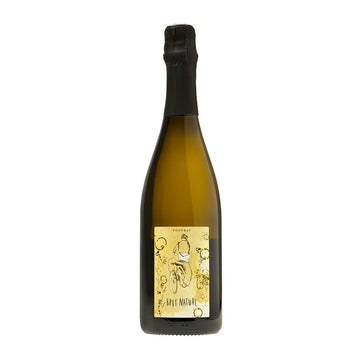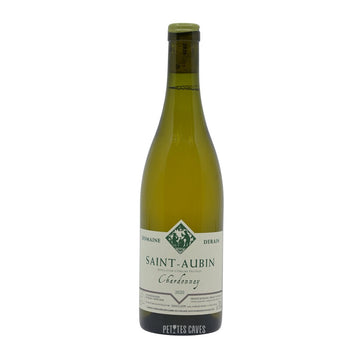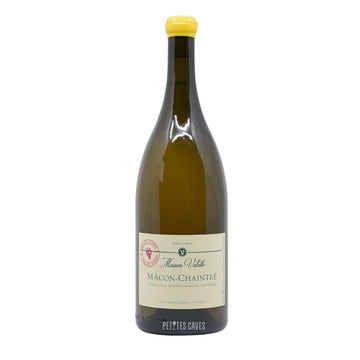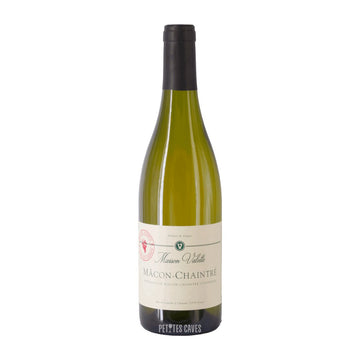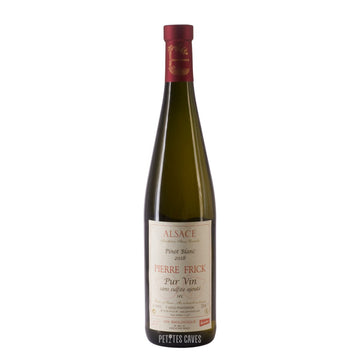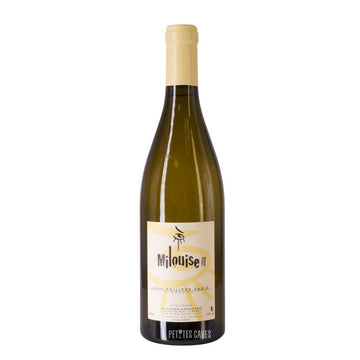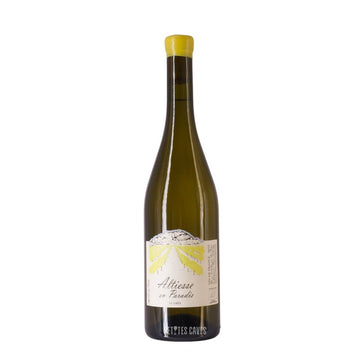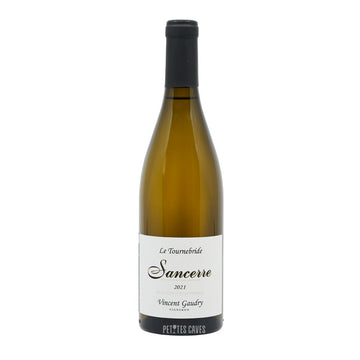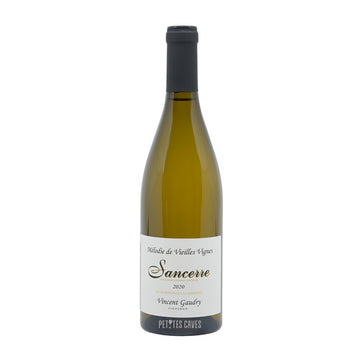
Vin Blanc Minéral : Our selection

Lemony for a nice aperitif
Domaine du Facteur
Vouvray White 2023
13,20 €
The elegance of a pure Chardonnay...
Domaine Derain
Saint Aubin White 2020 2021
39,90 €
A paving stone in the pond of Roussillon whites!
Domaine Padié
Vin de France White 2023
30,00 €
A must
Les Grangeons de l'Albarine
Vin de France White 2022
28,50 €
Rich, taut Sancerre
Vincent Gaudry
AOC Sancerre White 2023
29,90 €
Choosing the right mineral white wine
What is a mineral white wine?
Mineral white wines are characterized by aromas and flavors reminiscent of minerals or stones. These characteristics, such as chalk, flint or even saline or iodine notes, are generally derived from soil and region. Mineral-rich soils, such as limestone, schist or granite, influence the wine's aromatic profile.
Mineral white wines offer great freshness and good acidity. This makes them particularly pleasant to drink, especially with seafood or light dishes.
What are the regions for mineral white wine?
For mineral wines, it's essential that the soils are composed of sediment or chalk. These characteristics are particularly present in regions such as the Loire, Burgundy and Alsace, where the mineral terroir expresses itself remarkably well. The Loire Valley, in particular, produces wines renowned for their mineral character, such as Vouvray, Sancerre and Muscadet. These wines are distinguished by their flinty aromas and mineral freshness.
In Burgundy, Chablis stands out for its limestone soils, which give the wines lively acidity and distinct flinty aromas. In Alsace, diverse soils ranging from granite to limestone offer a wide variety of mineral profiles to Alsatian wines such as Sylvaner and Riesling.
What are the characteristics of mineral wine?
The characteristics of mineral wines can vary according to a number of factors, including terroir, Grape variety and viticultural practices. In general, mineral wines are characterized by stone-like aromas, with hints of flint, chalk or even salt and iodine. They are often perceived as fine and light on the palate, with lively acidity and an elegant structure that enhance their minerality.
Terroir plays a crucial role in the expression of minerality in wine. Mineral-rich soils, such as limestone, schist or granite, impart distinct mineral characteristics to the wine, contributing to its complexity and typicity.
What food pairings go well with a mineral white wine?
Pairing this type of wine is not easy, due to its complexity. Nevertheless, certain pairings can sublimate these wines. For example, a seafood platter is a classic choice. Seafood is renowned for its freshness, which harmonizes perfectly with a mineral wine, bringing freshness and lightness to the whole.
For lovers of poultry or lean meat, it's also possible to find delicious pairings with a mineral wine. For example, pork tenderloin, with its pronounced flavor, goes well with a subtle white wine that doesn't overpower the meat's flavors.





